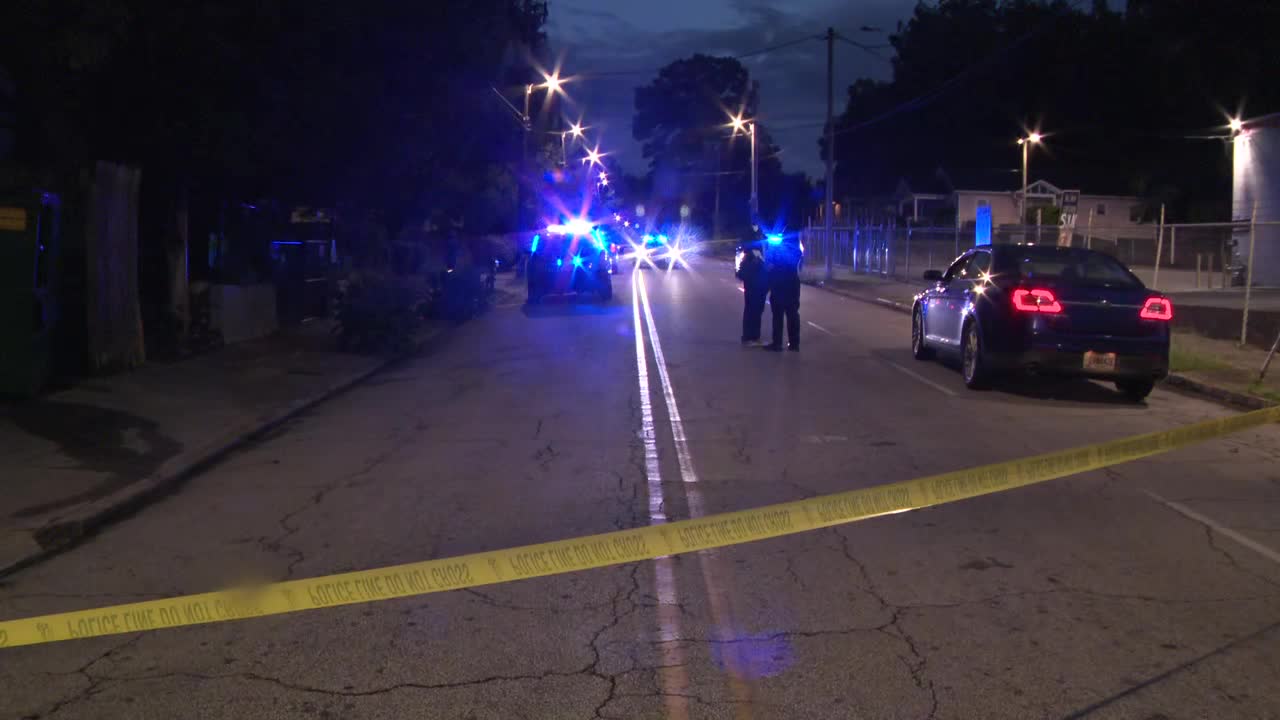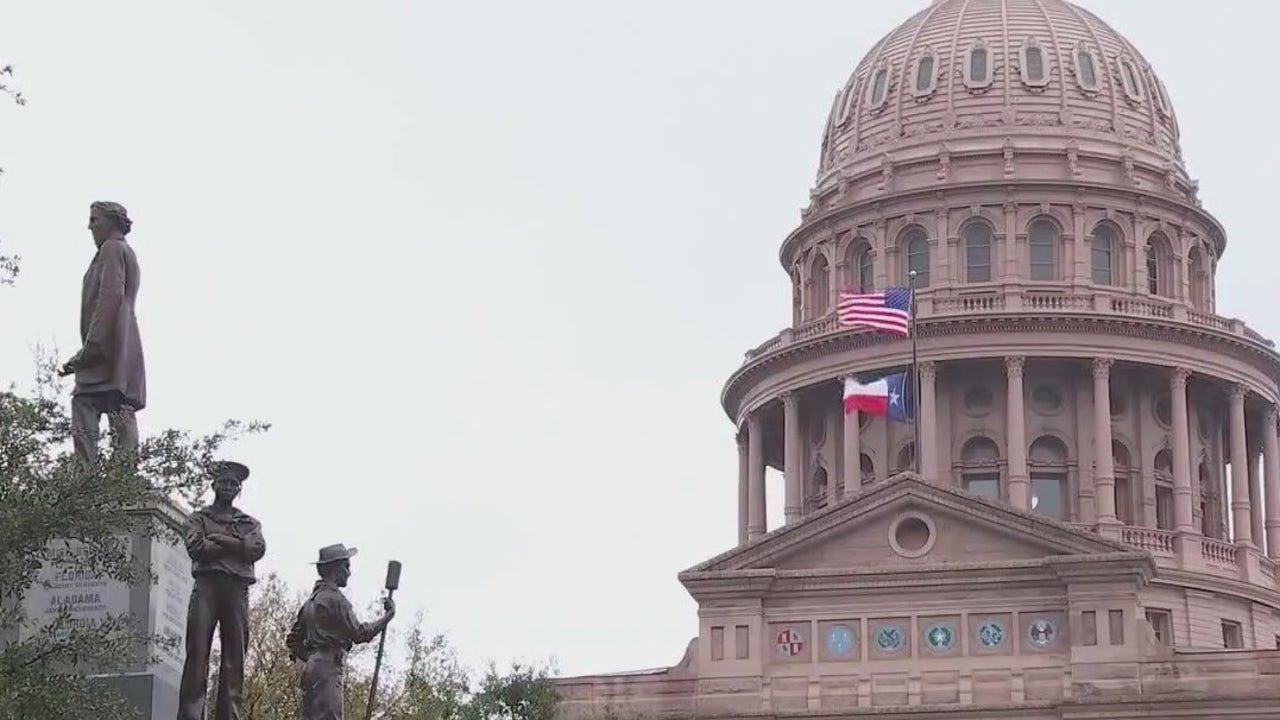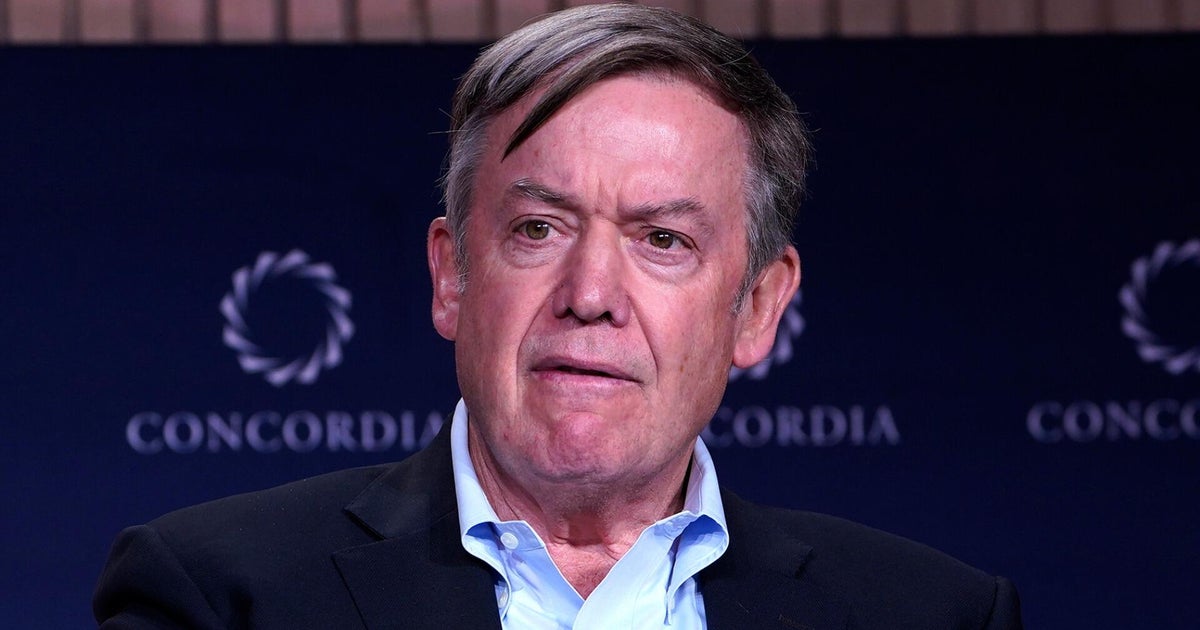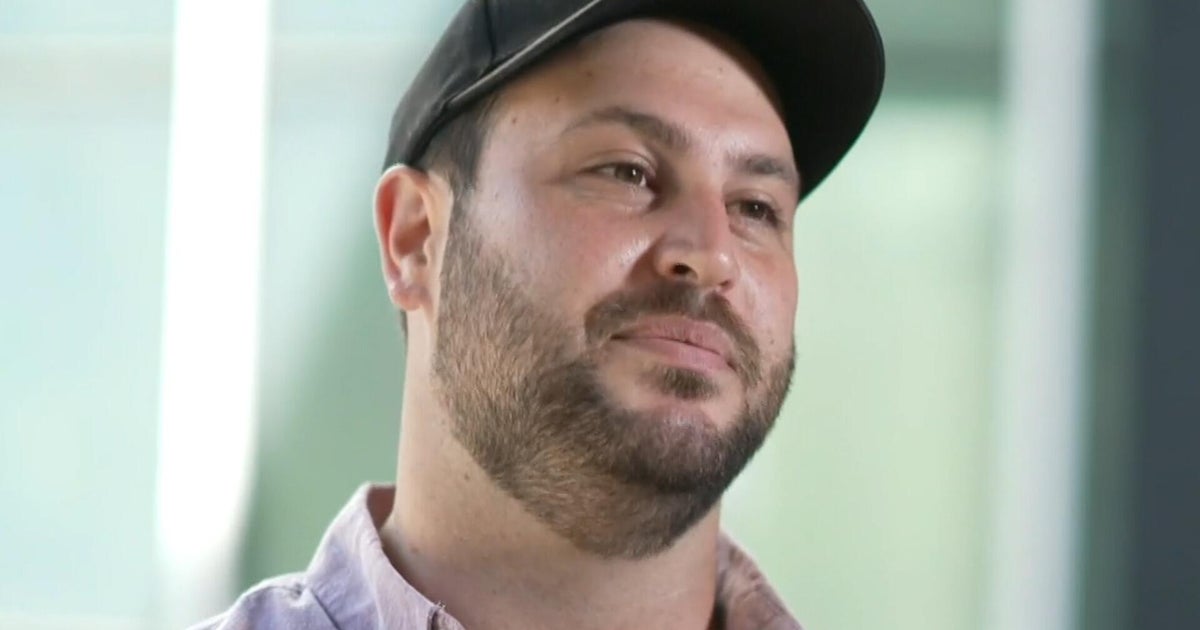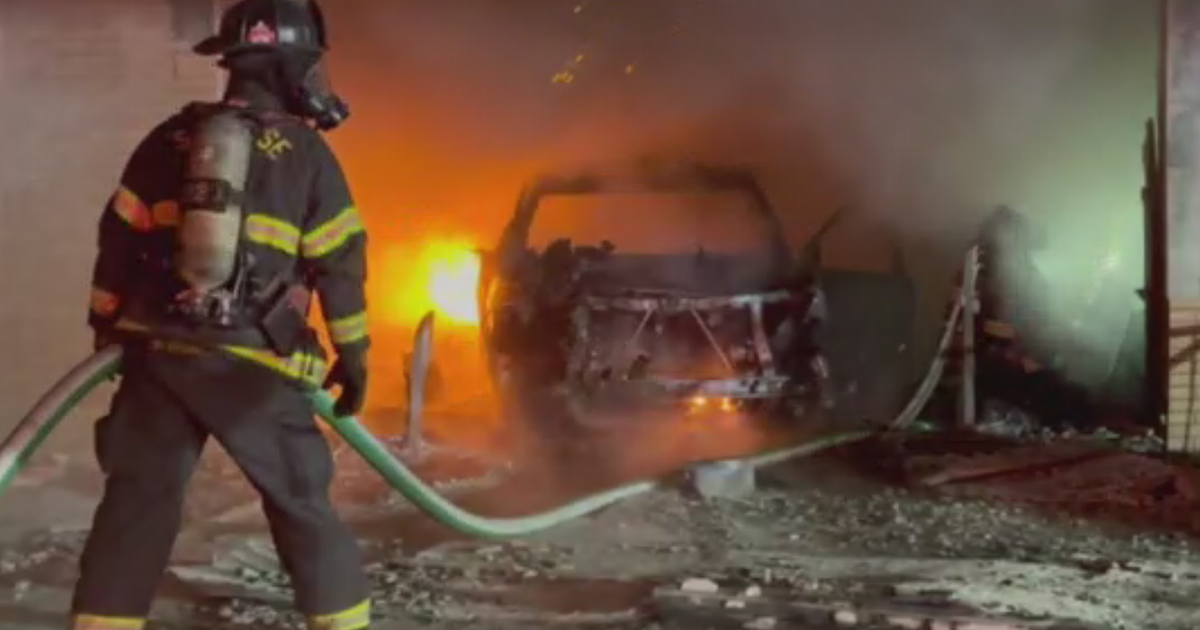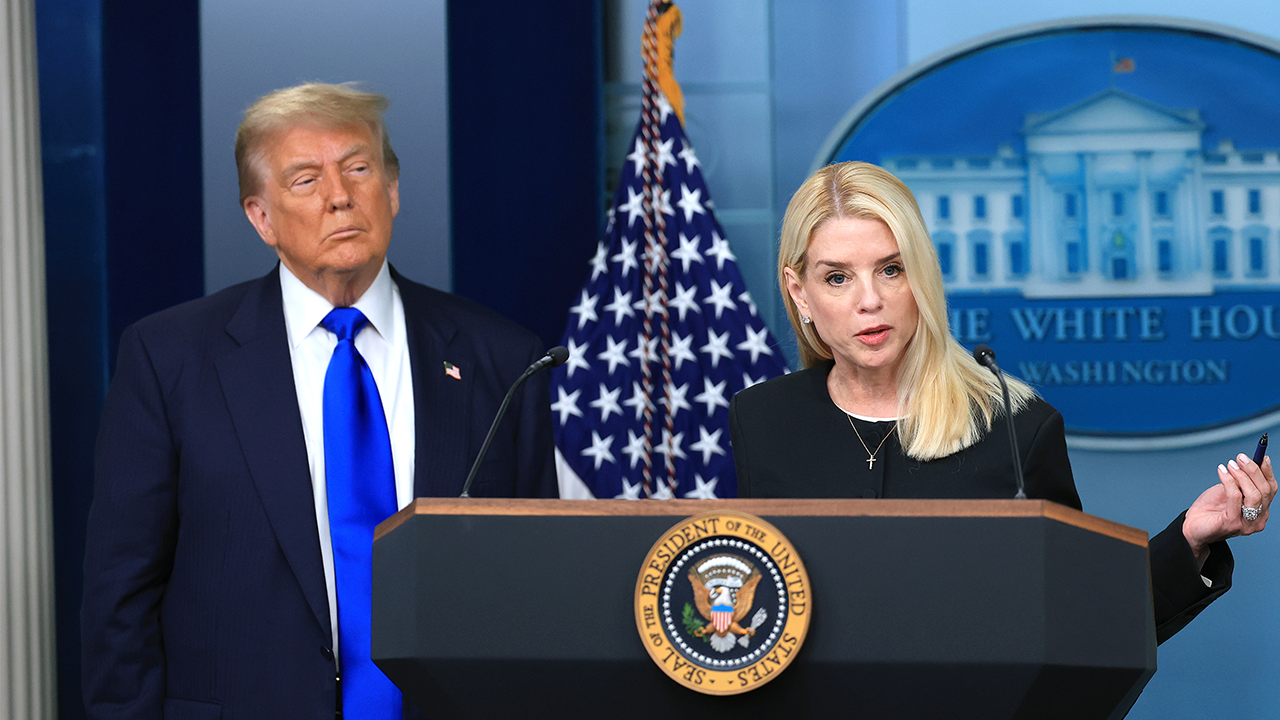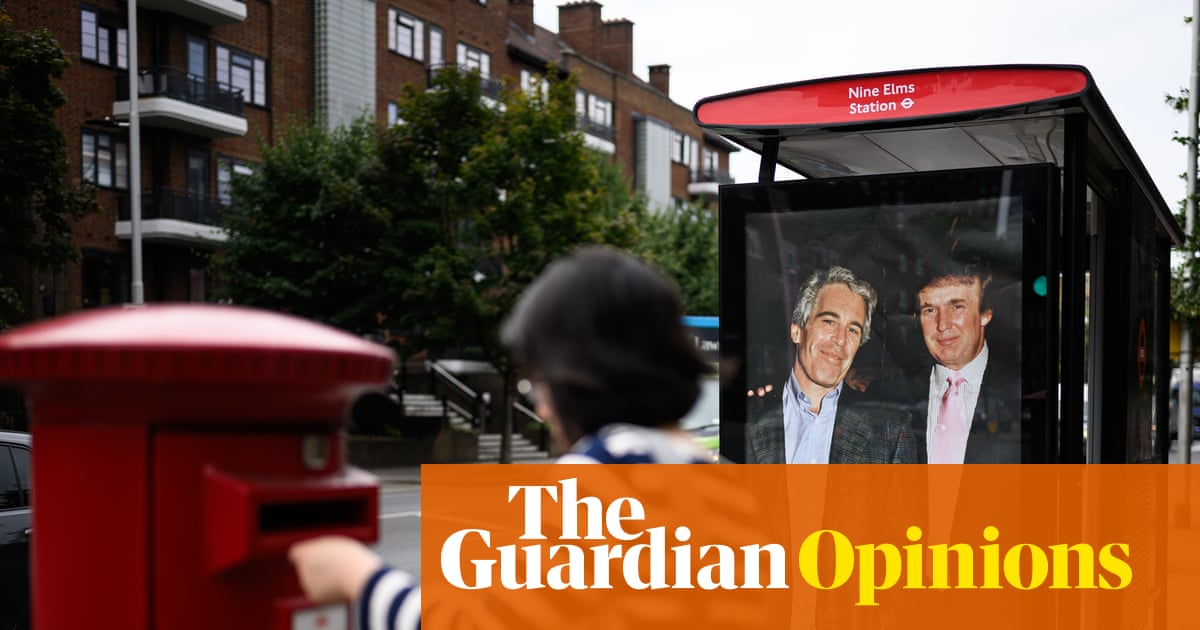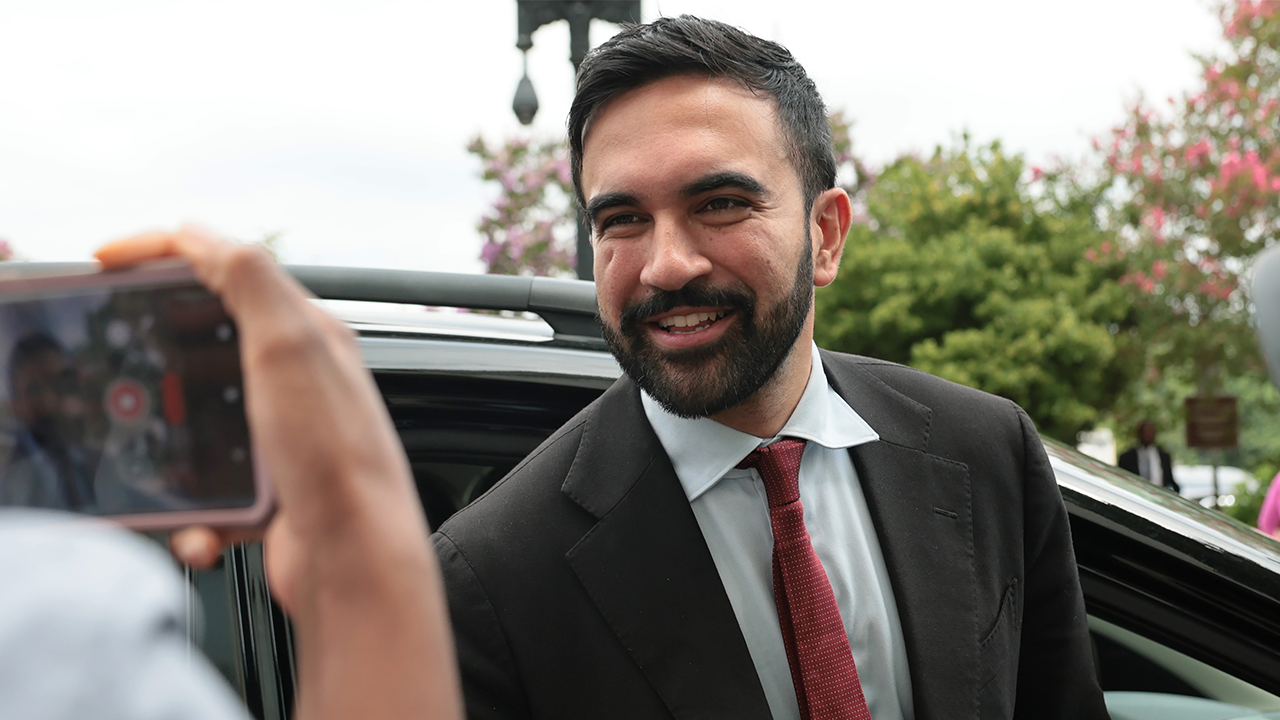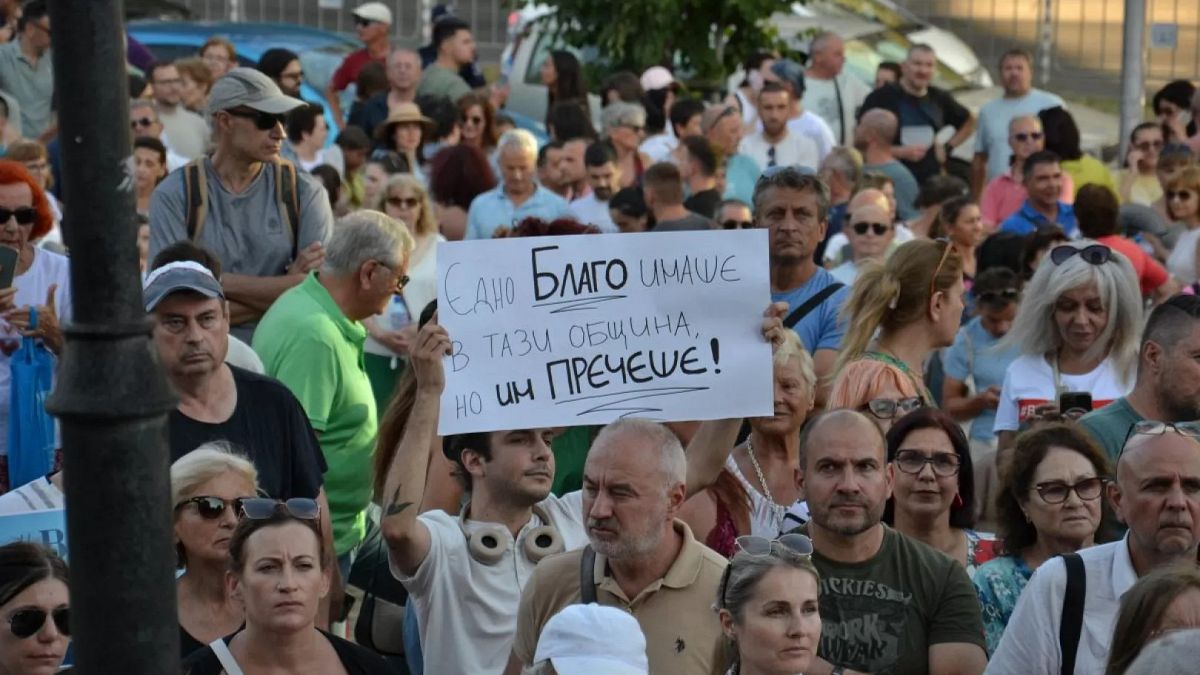World
For many Chinese, there are ‘more important things’ than Taiwan unification
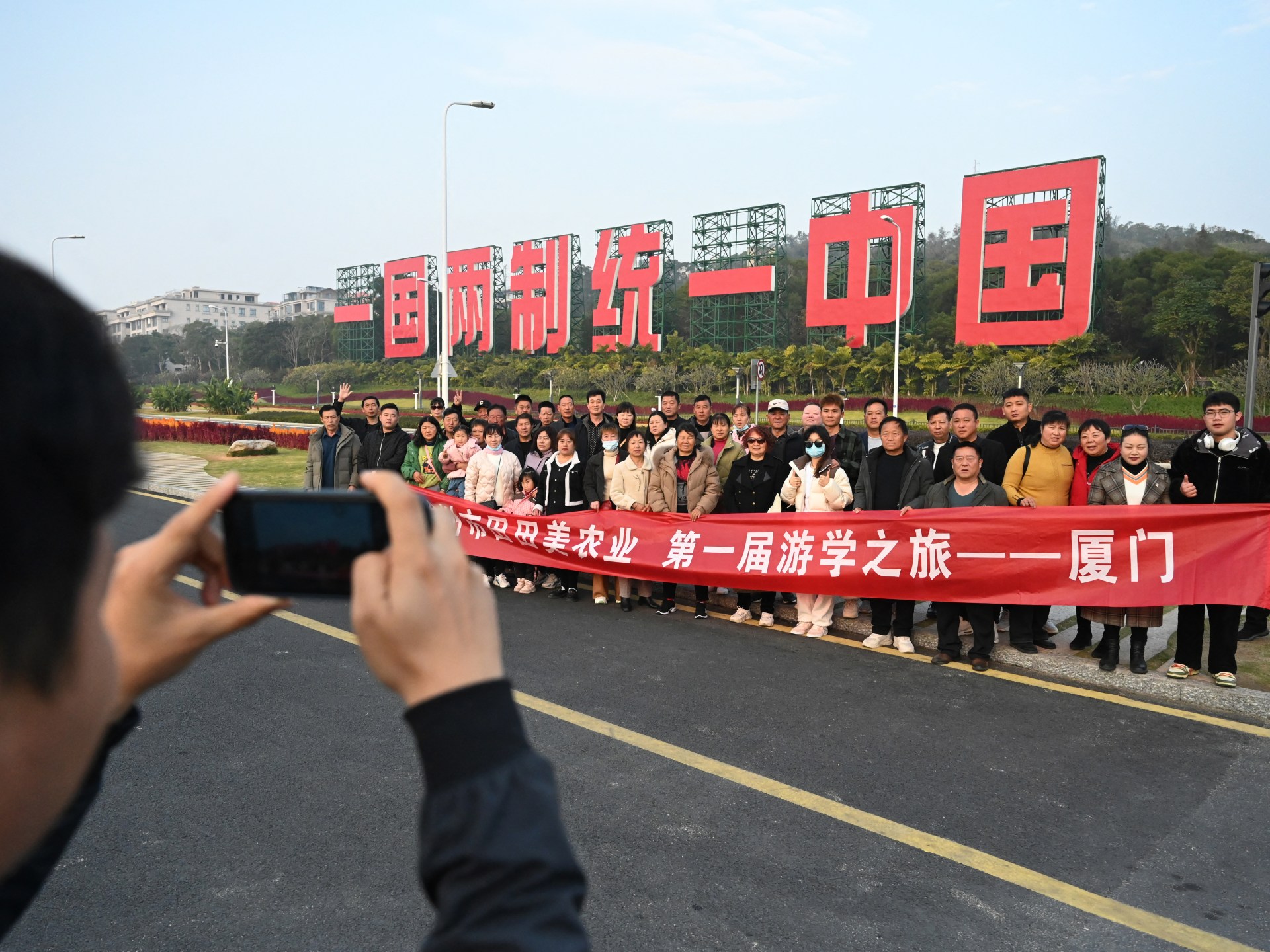
“It is difficult to imagine that this used to be a warzone,” 23-year-old *Shao Hongtian told Al Jazeera as he wandered along a beach near the city of Xiamen on China’s southeast coast.
Halting by the water’s edge where gentle waves lapped against the sand, Shao gestured beyond the shallows towards the sea and the Kinmen archipelago – now peaceful, but in the 1940s and 1950s, a battleground.
The communists won the Chinese Civil War in 1949, and the nationalists of the Kuomintang (KMT) fled Beijing for the island of Taiwan. It was on Kinmen, the main island of the archipelago of the same name, less than 10km (6.2 miles) from the coast of China, that the nationalists repulsed repeated communist invasion attempts, but not before the fighting had wreaked havoc on both Xiamen and Kinmen.
Kinmen and its outlying islets – some of which lie even closer to the Chinese coast – have been a part of Taiwan’s territory ever since.
Chinese citizens like Shao were once able to get tourist visas to visit the islands, but that ended with the pandemic.
“Kinmen, China and Taiwan are all part of the same nation, so it should be possible to visit, and I hope I can visit one day,” Shao said over a video connection – his eyes fixed on Kinmen.
Like Shao, Chinese President Xi Jinping and the ruling Chinese Communist Party (CCP) claim that Taiwan and its territory are part of China.
Xi said in his New Year’s address that China’s unification with democratic Taiwan was an “historical inevitability“, and China has not ruled out the use of force to achieve unification. Last year Xi called on China’s armed forces to strengthen their combat readiness.
In recent years the Chinese military has increased its pressure on Taiwan with almost daily airborne and maritime incursions close to Taiwan’s air and sea space. At times of particular tension, such as during the visit of former House Speaker Nancy Pelosi to Taipei, such manoeuvres have been accompanied by sabre-rattling rhetoric and large-scale military drills.
Capsized boats, recriminations
Recently, tensions have been rising near Kinmen as well.
In February, two Chinese fishermen were killed when their speedboat capsized as they attempted to flee the Taiwanese coastguard when they were discovered fishing “within prohibited waters” about one nautical mile (1.8km) from the Kinmen archipelago.
Since then, the Chinese coastguard has stepped up its activities around Kinmen.
Zhu Fenglian, a spokesperson for the Chinese government’s Taiwan Affairs Office, said the February incident was “vicious” and stressed the waters were “traditional” fishing grounds for fishermen in China and Taiwan. There were no off-limits waters around Kinmen, she added.
A second capsize was reported on Thursday, and on this occasion China asked for help from the Taiwan coastguard.
Standing on the beach looking out towards Kinmen, Shao says hostilities are not the way to bring China and Taiwan together.
“I want unification to happen peacefully,” he said.
If that is not possible, he would prefer things to remain as they are.
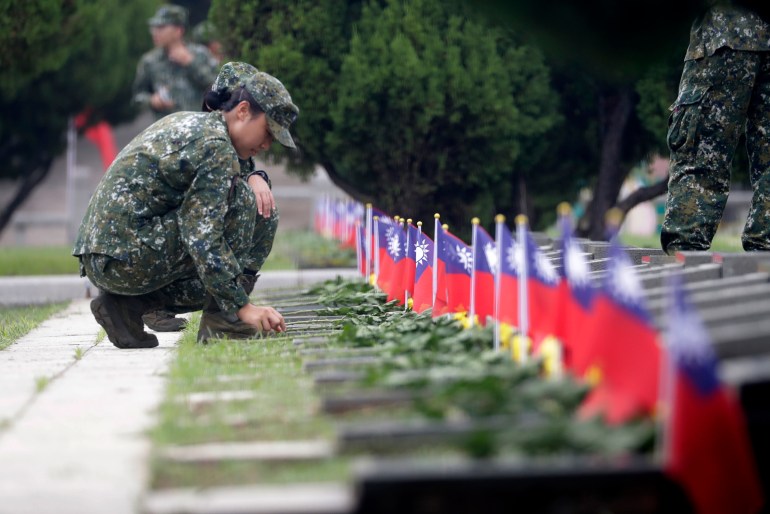
He knows that many of his friends feel the same way. According to Shao, if they go to Kinmen and Taiwan, it should be as visitors, not as fighters.
“The Taiwanese haven’t done anything bad to us, so why should we go there to fight them?” he said, convinced that any war between China and Taiwan would result in significant casualties on both sides. “Unification with Taiwan is not worth a war.”
No appetite for war
A study published by the University of California San Diego’s 21st Century China Center last year suggests that Shao and his friends are not alone in opposing a war over Taiwan.
The study explored Chinese public support for different policy steps regarding unification with Taiwan and found that launching a full-scale war to achieve unification was viewed as unacceptable by a third of the Chinese respondents.
Only one percent rejected all other options but war, challenging the Chinese government’s assertion that the Chinese people were willing to “go to any length and pay any price” to achieve unification.
Mia Wei, a 26-year-old marketing specialist from Shanghai is not surprised by such results.
“Ordinary Chinese people are not pushing the government to get unification,” she told Al Jazeera.
“It is the government that pushes people to believe that there must be unification.”
At the same time, support for a unification war turned out to be close to the same level found in similar studies from earlier years, indicating that despite the growing tension in the Taiwan Strait and renewed talk about taking control of Taiwan, there has not been a corresponding increase in support for more forceful measures.
Wei believes that Chinese like herself are more concerned with developments inside their country.
“First there was COVID, then the economy got bad and then the housing market got even worse,” she said. “I think Chinese people have their minds on more important things than unification with Taiwan.”
According to Associate Professor Yao-Yuan Yeh who teaches Chinese Studies at the University of St Thomas in the United States, there is currently little reason for Chinese people to be more supportive of conflict with Taiwan.
US President Joe Biden has on several occasions said the US will defend Taiwan in the event of a Chinese invasion. At the same time, the US has been strengthening its military ties with countries such as Japan and the Philippines – Taiwan’s immediate neighbours to the north and the south.
“There is no guarantee of a quick victory in a war over Taiwan,” Yeh told Al Jazeera.
“Also, many people in China have business partners, friends and family in Taiwan, and therefore don’t want to see any harm come to the island and its people.”
The study also showed that young Chinese were more averse towards forceful policy measures than earlier generations.
“Young people are usually among the first to be sent to the battlefield so naturally they are more opposed to war,” Yeh said.
Shao from Xiamen thinks that any hope of victory in a war over Taiwan and its partners will require the mobilisation of a lot of young people like him.
“And I think many young people in China [will] refuse to die in an attack on Taiwan.”
Not an issue for debate
Regardless of what Chinese people might think, unifying Taiwan with the mainland will remain a cornerstone of the CCP’s narrative, according to Eric Chan who is a senior fellow at the Global Taiwan Institute in Washington, DC.
“Unification is not a topic that is up for any sort of debate with the general public,” he told Al Jazeera.

Although the Chinese leadership often claims that China is a democratic country where the party is guided by the will of the Chinese people, there are no regular national elections or free media while online discourse is restricted and regularly censored. Speaking out against the CCP can also result in criminal convictions.
Since Xi became president in 2012, crackdowns on civil liberties have intensified, and Xi has centralised power around himself to a degree unprecedented since the rule of Mao Zedong – the man who led the communists to victory against the nationalists and became communist China’s first leader.
During Mao’s rule, reforms and purges of Chinese society led to the deaths of millions of Chinese people, while upwards of 400,000 Chinese soldiers died as a result of his decision to enter the 1950-1953 Korean War on North Korea’s side.
But according to Chan, the days when a Chinese leader could expend tens of thousands of lives in such a manner are over.
Recent government actions that exacted a heavy toll on citizens led to public pushback, and Xi did not appear immune.
During the COVID pandemic, Xi ardently defended the country’s zero-COVID policy even though its mass testing and strict lockdowns had dire socioeconomic consequences. The government eventually abandoned the policy as the economy sank, and people took to the streets across China’s major cities demanding an end to the lockdowns, even calling for Xi to step down.
As for war, the circumstances are also different. Unlike, for example, the Sino-Indian War of 1962 and the Sino-Vietnamese War of 1979, a battle for Taiwan would be existential for the communist party and Xi, according to Chan.
“The party (CCP) would not have been threatened by a loss or high casualties in those wars,” he said.
Today, Xi would need to assume that those types of losses would be unacceptable to the Chinese people, he added.
Public outrage over a long unification war that might even end in a Chinese defeat could, in Chan’s view, endanger the party’s rule.
Mindful of the mood of the Chinese people, Chan sees the CCP instead continuing to engage in low-cost grey zone operations against Taiwan while developing a Chinese military that would be able to score a swift victory.
For Shao, however, any attempt to settle the issue through conflict would be a disaster.
“I don’t think it will end well for anyone – not for those that have to fight it and not for the government that starts it,” he said.
*Shao’s name has been changed to respect his wish for anonymity given the sensitivity of the topic.

World
Video: U.K. Plans to Lower Voting Age in Major Electoral Reform

new video loaded: U.K. Plans to Lower Voting Age in Major Electoral Reform
transcript
transcript
U.K. Plans to Lower Voting Age in Major Electoral Reform
The British government said it wants to lower the voting age to 16 as part of a plan that has been described as the country’s largest expansion of voting rights in decades.
-
“I’m really happy about it because I’ve always been kind of frustrated just watching politics and not being able to do anything. And I know loads of other people who feel the same, who are really interested in politics and get frustrated at watching all the older people vote. And I just think it would be really amazing because so many of these policies affect younger people.” “I think it’s really important to give the younger generation an opinion and a vote on a lot of the issues that are facing the U.K. today. So yeah, if I was back in my day, if I was 16 or 17 and I got the opportunity to vote, I think that would be really, really good. It would have got me thinking about the political issues, the economical issues as well, at an early age.” “I think it’s a great opportunity for us to have more of a say in our future. And because at the end of the day, we decide who we vote in, and then this affects our decisions that affect us, whether it be health care, education and ultimately, jobs in the end.”
Recent episodes in International
International video coverage from The New York Times.
International video coverage from The New York Times.
World
Police search former Brazilian President Jair Bolsonaro's home, political headquarters
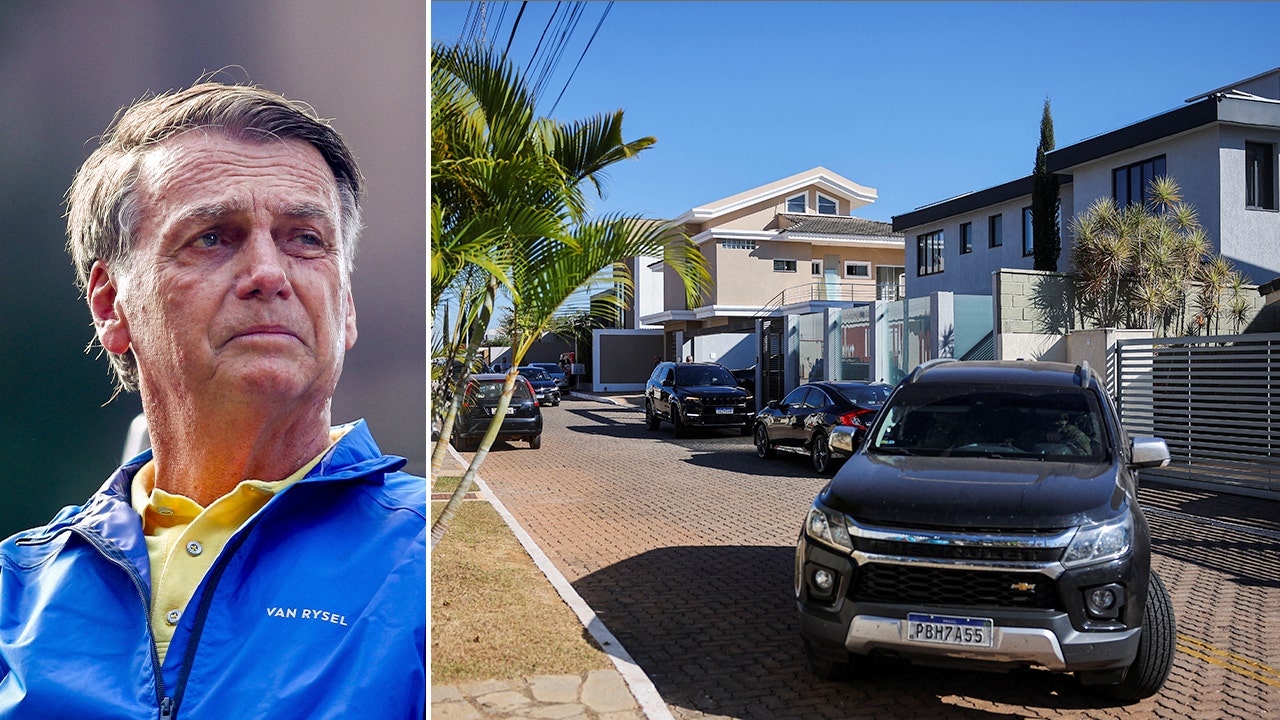
NEWYou can now listen to Fox News articles!
Brazilian police have reportedly searched the home and political headquarters of former President Jair Bolsonaro. On Friday, police confirmed they carried out “two search and seizure warrants,” but did not specify whether Bolsonaro was the target, but local media outlets are reporting that he was.
Bolsonaro has been ordered to wear an ankle monitor, according to the Associated Press. Additionally, Bolsonaro has reportedly been banned from using social media or contacting others under investigation, the Associated Press reported, citing local media. This would include his son, Eduardo Bolsonaro, a Brazilian lawmaker residing in the U.S. who is known for having ties to President Donald Trump.
Criminal police agents stand in front State Secretariat of Penitentiary Administration headquarters as the former President Jair Bolsonaro in Brasilia, Brazil July 18, 2025. (REUTERS/Adriano)
RUBIO BANS OUTPOSTS COMMENTING ON ELECTIONS UNLESS ‘CLEAR & COMPELLING’ US INTEREST
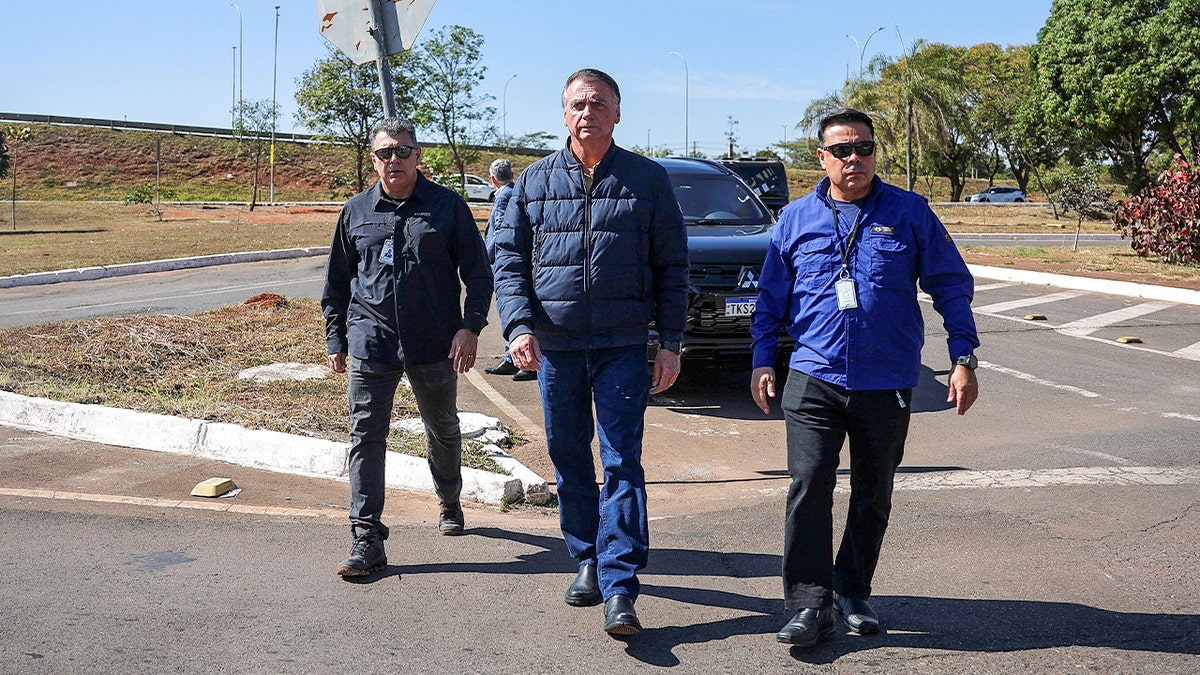
Brazil’s former President Jair Bolsonaro arrives to the State Secretariat of Penitentiary Administration headquarters in Brasilia, Brazil July 18, 2025. (REUTERS/Adriano Machado)
Media outlets in Brazil are also reporting that the former president has been forbidden from leaving home between 7:00 p.m. and 7:00 a.m. Additionally, Bolsonaro is reportedly prohibited from contacting foreign ambassadors and diplomats.
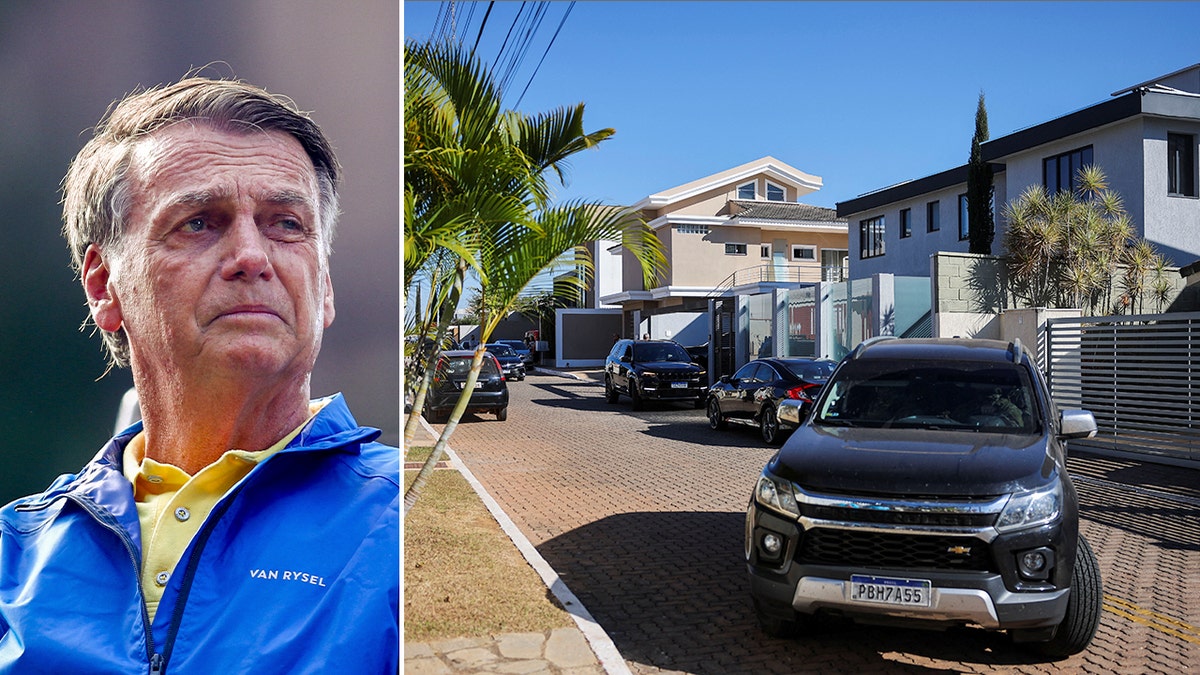
Brazilian federal police searched former President Jair Bolsonaro’s home and political headquarters on July 18, 2025. (Reuters)
TRUMP CALLS FOR IMMEDIATE END TO ‘UNJUST’ TRIAL OF FORMER BRAZILIAN PRESIDENT JAIR BOLSONARO
On Thursday, Trump called for an immediate end to the trial, saying that Bolsonaro is the victim of an “unjust system.”
“I have seen the terrible treatment you are receiving at the hands of an unjust system turned against you. This should end immediately!” Trump wrote in a letter he sent to Bolsonaro, which the president posted on his Truth Social account Thursday evening.
This is a developing story. Please check back for updates.
World
Can Donald Trump fire Jerome Powell, US Federal Reserve chair?

President Donald Trump is sending mixed messages about whether he will fire Federal Reserve Chair Jerome Powell.
Trump said on July 16 he is “not planning on doing anything” when asked if he would fire Powell. However, he also said he doesn’t “rule out anything” and mentioned a renovation project with ballooning costs.
“I think it’s highly unlikely unless he has to leave for fraud,” Trump said. “And it’s possible there’s fraud involved with the $2.5, $2.7 billion renovation. This is a renovation, how do you spend $2.7 billion? And he didn’t have proper clearance.”
The Federal Reserve has been undergoing building renovations since 2021 on a project that the board that controls the Fed first approved in 2017. The project’s cost of $2.5bn is about $600m above the original budget, according to The Associated Press.
The cost has increased because of design changes, increasing labour and material costs and “unforeseen conditions”, such as “more asbestos than anticipated”, the Fed said in an FAQ.
But Trump’s administration seems to be using the renovation as a possible reason to oust Powell. Russ Vought, director of the Office of Management and Budget, sent Powell a July 10 letter saying the project is “out of compliance with the approved plan” and “in violation of” the National Capital Planning Act, which outlines how agencies can make changes to federal buildings.
Trump’s feud with Powell isn’t new. For months, the president has criticised Powell, whom he appointed to the role in 2017, for refusing to drop interest rates. The Fed raised interest rates in 2022 and 2023 during former President Joe Biden’s administration as a response to inflation.
Since Trump entered the White House in January, he has told Powell to resign and threatened to fire him.
“If I want him out, he’ll be out of there real fast, believe me,” Trump said in April. “I’m not happy with him.”
In November, after the 2024 election, reporters asked Powell if he would step down or whether he thought Trump had the authority to fire him.
“Not permitted under the law,” Powell said.
Trump spoke to a group of Republican lawmakers on July 15 about firing the chair, several news organisations reported. Trump showed lawmakers a draft letter firing Powell, The New York Times reported.
Trump denied having written a letter.
“No, I talked about the concept of firing him. I said, ‘What do you think?’ Almost every one of them said I should,” Trump said. “But I’m more conservative than they are.”
While Trump attributed his reticence to fire Powell to his “conservatism”, the bigger impediment is a question of legality. Here’s why.
What is the role of the Federal Reserve; who appoints its chair?
The Federal Reserve is the country’s central bank. Its responsibilities include setting interest rates and supervising and regulating banks. It was created in 1913 as part of the Federal Reserve Act and is run by an independent board of governors. The seven governors that make up the board are nominated by the president and confirmed by the Senate. The president selects the chair and two vice chairs from among the seven, according to the Congressional Research Service.
While talking to reporters, Trump appeared to overlook that he was the person who nominated Powell to be the chair in 2017: “I’m surprised he was appointed,” Trump said. “I was surprised, frankly, that Biden put him in and extended him.”
In 2021, Biden nominated him for a second four-year term, which is set to end in May 2026. After that, Powell can remain on the board of governors until January 2028.
Can the president fire the Federal Reserve chair?
Unlike other government agencies, the Fed has a lot of independence from Congress and the White House, the Congressional Research Service said in a January report.
According to the report, economists have justified the independence, saying that decisions about monetary policy shouldn’t be influenced by political pressures. To ensure Fed accountability, the chair testifies before Congress, much like other government agencies.
The Fed chair can be removed “for cause by the President”, according to the law. This refers to “inefficiency, neglect of duty, or malfeasance in office”, according to a Supreme Court decision about the Federal Trade Commission.
In May, the Supreme Court ruled on Trump’s authority to fire members of two different independent agencies. In its 6-3 ruling, the Court granted the Trump administration’s emergency request to fire the heads of the agencies while the case over the legality of firing them played out in the courts.
In its opinion, the Supreme Court addressed the Fed, saying its ruling didn’t affect the agency.
“The Federal Reserve is a uniquely structured, quasi-private entity that follows in the distinct historical tradition of the First and Second Banks of the United States,” the Supreme Court said.
Some legal experts question the legality of Trump firing Powell. Any move to oust him would likely end up in the courts.
Peter Conti-Brown, a professor of financial regulation at the University of Pennsylvania, said the Fed’s building renovation costs aren’t “cause” for Powell’s dismissal.
“There is no factual basis to support any conclusion that the cost overruns on the renovation project constitute anything like fraud or gross negligence,” Conti-Brown said. “Had Powell committed fraud, in this context or any other, there could well be a case for his removal.”
Conti-Brown said that Trump has long talked about wanting Powell’s removal. A court may consider Trump citing the renovation’s budget as “pretext” for his firing – a legal term used to describe a false reason an employer gives for firing an employee in order to cover the real reason, Conti-Brown said.
“Courts evaluating any attempted removal after the fact will assess both the animus and pretext very heavily against President Trump,” Conti-Brown said.
However, it is unclear how courts would react because “this is uncharted legal territory”, Jeremy Kress, a former Fed banking regulator who is a faculty director of the University of Michigan’s Center on Finance, Law and Policy, told The New York Times.
Lev Menand, a legal scholar at Columbia University, agreed with Kress.
“In normal times, I would say Powell wins 10 times out of 10,” Menand told The New York Times. “But these aren’t normal times, because this court has shown that it is willing to look the other way when the president engages in illegal conduct and it is willing to construe the president’s power under the Constitution as so broad as to allow the president to flout laws.”
-

 News1 week ago
News1 week agoVideo: Clashes After Immigration Raid at California Cannabis Farm
-

 News1 week ago
News1 week agoTrump heads to Texas as recovery efforts from deadly flood continue
-

 World1 week ago
World1 week agoNew amnesty law for human rights abuses in Peru prompts fury, action
-

 Movie Reviews1 week ago
Movie Reviews1 week agoMaalik Movie Review – Gulte
-
Movie Reviews1 week ago
‘Doora Theera Yaana’ movie review: Mansore’s mature take on relationships is filled with relatable moments
-
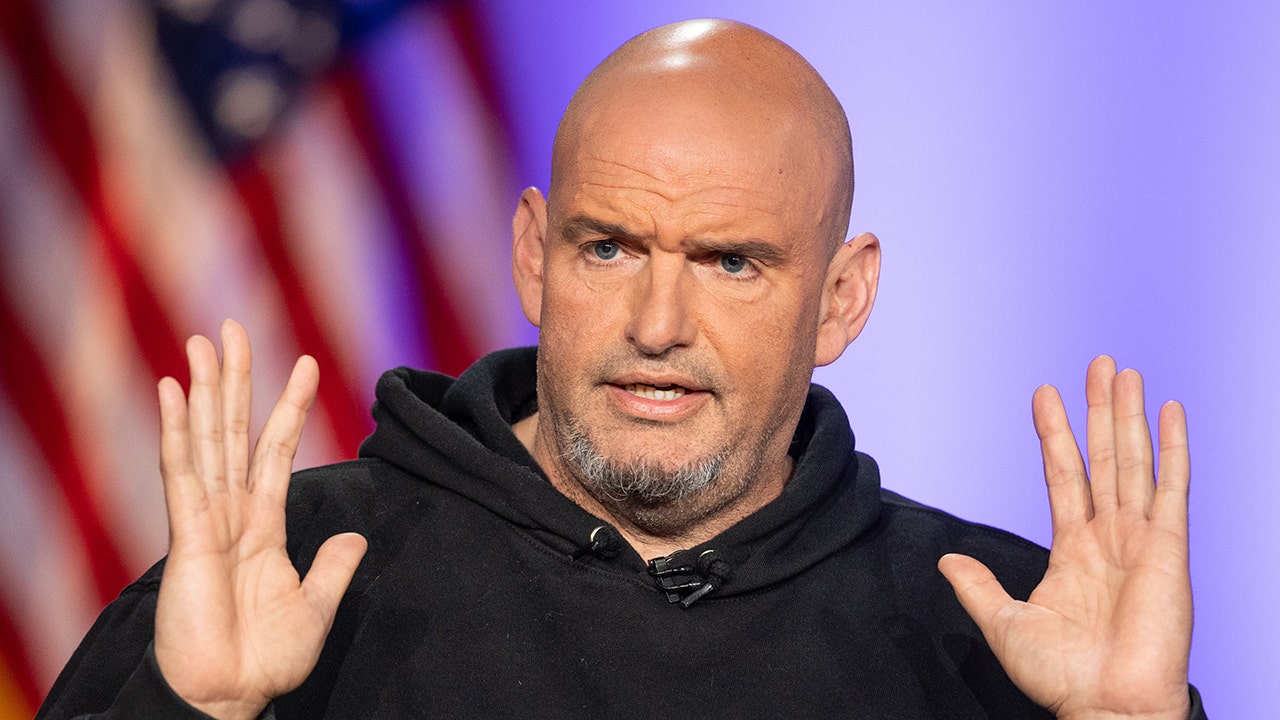
 Politics1 week ago
Politics1 week agoDemocrat John Fetterman declares support for ICE, condemning any calls for abolition as 'outrageous'
-

 Technology1 week ago
Technology1 week agoIt’s the final day of Prime Day 2025, and the deals are still live
-

 Technology1 week ago
Technology1 week agoHere are 58 Prime Day deals you can still nab for $50 or less

